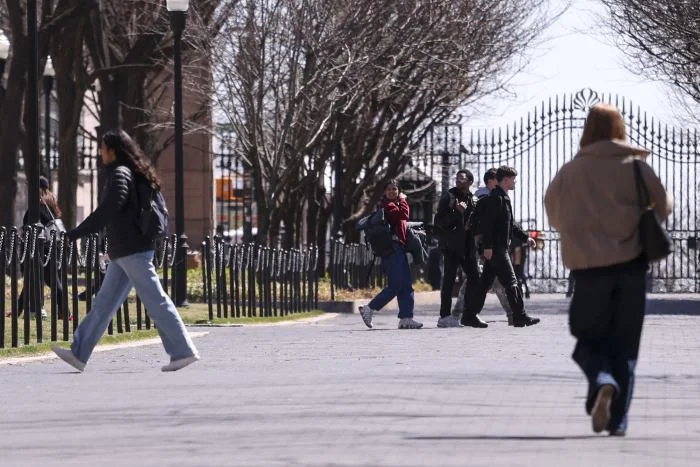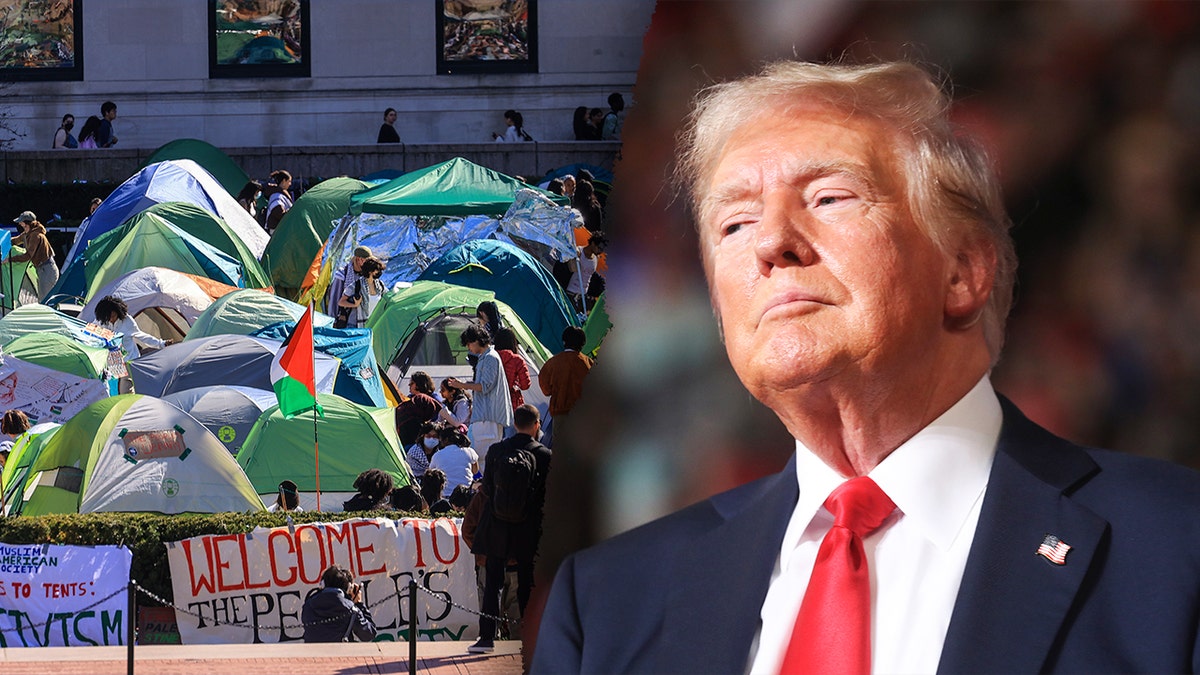
Trump Administration Seeks Lasting Federal Control Over Columbia University Amid Antisemitism Dispute
The Trump administration is reportedly moving toward an unprecedented legal approach to enforce its authority over Columbia University, potentially placing the prestigious Ivy League institution under a court-monitored consent decree. This bold measure follows escalating tensions over campus protests linked to the Israel-Gaza conflict and allegations of antisemitism, raising critical questions about academic independence and federal intervention in higher education.
Triggered by what it called Columbia's failure to protect Jewish students amid pro-Palestinian demonstrations, the White House last month suspended approximately $400 million in federal grants and contracts, pressuring the university to enact sweeping policy reforms. While Columbia has since implemented changes—including revamped protest guidelines, stronger disciplinary measures, and increased oversight of its Middle Eastern Studies department—the administration remains skeptical of the university’s commitment.
According to multiple reports first revealed by The Wall Street Journal and The New York Times, senior Trump officials, including the administration’s antisemitism taskforce, are pushing for a consent decree—a legally binding agreement ratified by a federal judge. If enacted, this decree would give the federal government long-term oversight over Columbia’s policies, effectively placing the university under extended judicial supervision and potentially influencing other academic institutions nationwide.

Legally, a consent decree requires mutual agreement or a lawsuit leading to a settlement, meaning Columbia must either voluntarily consent or fight the measure in court—a process that could drag on for years, with federal funding hanging in the balance. Legal experts highlight the extraordinary nature of this step, since consent decrees are typically used in civil rights or policing reforms, not as instruments to impose federal policy preferences on a private university's internal governance.
Observers note political motivations underpinning the move. Speaking at a recent cabinet meeting, President Trump demanded updates from Education Secretary Linda McMahon, who confirmed the ongoing withholding of millions in federal grants, not only for Columbia but also for other universities like Cornell. "We're getting calls from presidents of universities who want to come in and sit down to talk," she added, underscoring the administration’s aggressive posture.
The crackdown on Columbia emerges from ongoing nationwide campus unrest linked to the Gaza war. Last month, immigration officials arrested Mahmoud Khalil, a Palestinian alumnus and activist, highlighting the intersection of free speech controversies with wider geopolitical debates. Protest scenes—including a "Gaza encampment" on Columbia’s lawn—were widely publicized and condemned by federal authorities.

Interestingly, consent decrees have precedent under both Democratic and Republican administrations for policy enforcement—from Biden’s consent decrees on police departments post-2020 protests, to recent university agreements over antisemitism concerns—but rarely with such overt political and financial leverage. The Trump administration seems to be pushing boundaries, using federal funding as both carrot and stick for ideological compliance.
As of now, Columbia states it remains in “active dialogue” to restore its crucial research funding, but it has not confirmed any specific agreement terms. Faculty, students, and legal experts nationwide are closely watching if this dramatic bid for judicial oversight will reshape the tense intersection of political authority, university autonomy, and free expression.
This unfolding standoff raises profound questions: Will federally enforced decrees become new tools of executive power over academia? Can universities maintain educational integrity amid governmental scrutiny tied to volatile political issues? What are the long-term consequences for student activism, free speech, and institutional independence?
Share your views below—do you support federal intervention to enforce university compliance, or see it as a dangerous overreach into academic freedom? Let us know your thoughts.